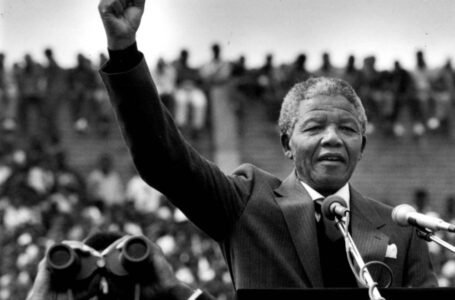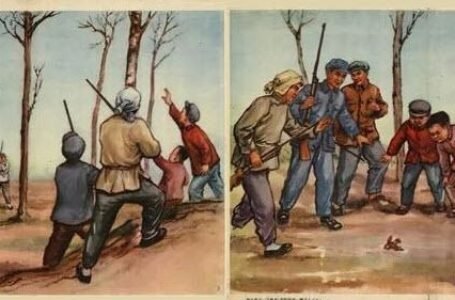Garimella Satyanarayana: The Unsung Hero of the Indian Freedom Struggle
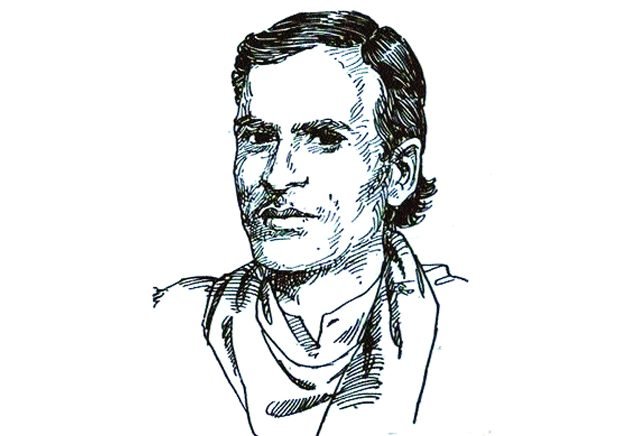
The Indian freedom struggle is a tapestry of sacrifice by countless patriots who fought for the country’s independence from British rule. While many names have been immortalised in history, there have been numerous unsung heroes whose contributions remain relatively unknown to the broader public. One such figure is Garimella Satyanarayana, a revolutionary poet, writer, and a freedom fighter from Andhra Pradesh, whose passionate verses and unwavering resolve to protest inspired many to join the fight for India’s liberation.
 EARLY LIFE AND BACKGROUND
EARLY LIFE AND BACKGROUND
Garimella Satyanarayana was born on July 14, 1893, in a small village called Gonepadu in the Narasannapeta taluka of the Srikakulam district, Andhra Pradesh. The socio-political environment of his time deeply influenced his formative years. Born into a family that valued education, Satyanarayana developed a love for literature and poetry from an early age. He completed his primary education in his village and pursued higher education in Visakhapatnam.
His exposure to the nationalistic fervour of the Indian independence movement, coupled with his literary talent, set the stage for his future role as a freedom fighter and a revolutionary writer. As he grew older, his writings began to reflect his growing dissatisfaction with British rule and the desire to see India as a free nation.
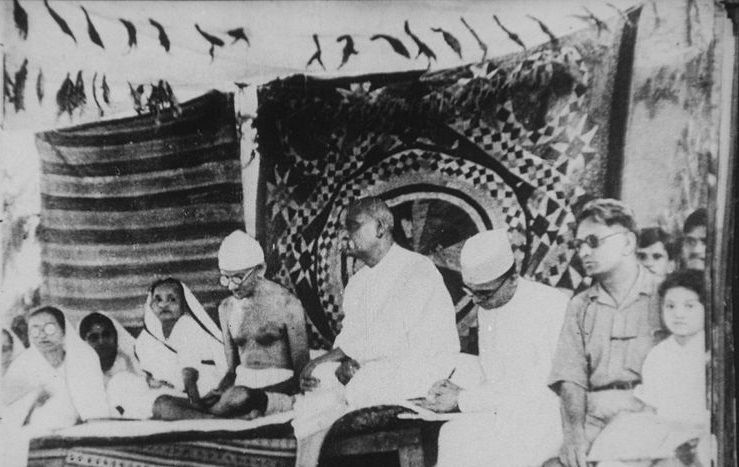
LITERARY AND NATIONALISTIC CONTRIBUTIONS
Garimella Satyanarayana’s contribution to the freedom struggle is most prominently reflected through his literary works. He was a prolific writer and poet, whose works reflected the spirit of nationalism and desire for independence. His poetry, characterised by simplicity, emotional depth, and stirring call to action, played a crucial role in awakening the patriotic sentiments of the public.
One of his most famous works “Maakoddee Telladoratanamu,” meaning “We are not afraid of death.” became an anthem of sorts for the freedom fighters in Andhra Pradesh and beyond. It captured the essence of the struggle for independence, urging people to rise against oppression and embrace the fight for freedom without fear.
Satyanarayana’s writings were not only limited to poetry. He also published essays and articles that criticised British policies and highlighted the plight of Indians under the colonial rule. His works were published in various regional newspapers and journals. Spreading his literary message to a larger audience led to passionate support from civilians for the freedom movement.
Garimella Satyanarayana’s literary prowess was complemented by his active involvement in the freedom struggle. He was deeply inspired by the principles of non-violence and civil disobedience advocated by Gandhi. Satyanarayana participated in multiple protests, movements and campaigns aimed at challenging British authority and demanding independence.
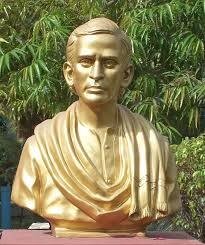
Satyanarayana was actively involved in the Non-Cooperation Movement, which saw widespread participation from people across India. Satyanarayana’s poems and speeches during this period were instrumental in mobilising the masses and encouraging them to boycott British goods, institutions, and services and follow the ideology of using swadeshi goods.
THE SOCIO-POLITICAL LANDSCAPE OF SATYANARAYANA’S TIME
To fully understand the impact of Satyanarayana’s work, it is essential to understand the socio-political context of his time. The partition of Bengal in 1905, the Jallianwala Bagh massacre in 1919, and the implementation of repressive laws like the Rowlatt Act were some of the key events that fueled the demand for independence.
Leaders like Bal Gangadhar Tilak, Lala Lajpat Rai, and Bipin Chandra Pal, along with Mahatma Gandhi, were at the forefront of the struggle, advocating various forms of resistance, including non-cooperation, civil disobedience, and armed revolt.
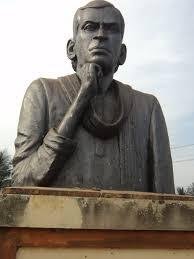
Satyanarayana’s writings provided a voice to the aspirations and frustrations of the common people. His ability to articulate their feelings and rally them to the cause of freedom was a testament to his deep understanding of the socio-political landscape and his literary genius.
Garimella Satyanarayana’s journey as a freedom fighter was fraught with challenges and hardships. His outspoken criticism of British rule and his active participation in the freedom movement made him a target for the colonial authorities. He faced multiple arrests and imprisonment, enduring harsh conditions and physical abuse.
Though these events simply sharpened his will for freedom and his resilience became even stronger. Satyanarayana’s resilience in the face of adversity is a testament to his unwavering dedication to the cause of freedom. His ability to endure hardship and continue his activism served as an inspiration to many, demonstrating the power of conviction and the importance of perseverance in the face of oppression.

RECOGNITION AND COMMEMORATION
While Garimella Satyanarayana may not be as widely known as some other freedom fighters, his contributions have not been entirely forgotten. In Andhra Pradesh, his legacy is celebrated through various cultural and literary events. Schools, colleges, and public institutions bear his name, ensuring that future generations remember his contributions.
Efforts have also been made to preserve and promote his literary works. Collections of his poems and writings have been published in the bokks of colleges and schools, providing valuable insights into his thoughts and experiences during the freedom struggle. These publications also serve as a testament to his literary talent and his role in the freedom movement.
Garimella Satyanarayana’s work continues to hold relevance in contemporary times. His poetry and writings, which were born out of a desire for freedom and justice, resonate with universal themes of resistance against oppression and the pursuit of equality. In a world still grappling with issues of inequality, injustice, and human rights violations, Satyanarayana’s message remains clear and pertinent.
His emphasis on the power of the written word and the importance of cultural expression in a political movement is a lesson that continues to inspire. In an era where social media and digital platforms have become powerful tools for activism, Satyanarayana’s work serves as a reminder of the enduring impact of literature and art in shaping public opinion and driving social change.

CONCLUSION
Garimella Satyanarayana’s life and work embody the spirit of the Indian freedom struggle. As a poet, writer, and activist, he used his talents to inspire and mobilise the masses, playing a crucial role in the fight for independence. His legacy, though not as widely recognized as some of his contemporaries, remains a significant part of India’s history.
Satyanarayana’s contributions remind us of the countless unsung heroes who fought for India’s freedom, often at the cost of their own lives. His work continues to inspire future generations, serving as a testament to the power of literature and the enduring spirit of resistance. As we remember and honour his legacy, we are reminded of the sacrifices made by many like Satyanarayana to enjoy the freedom we possess today.

